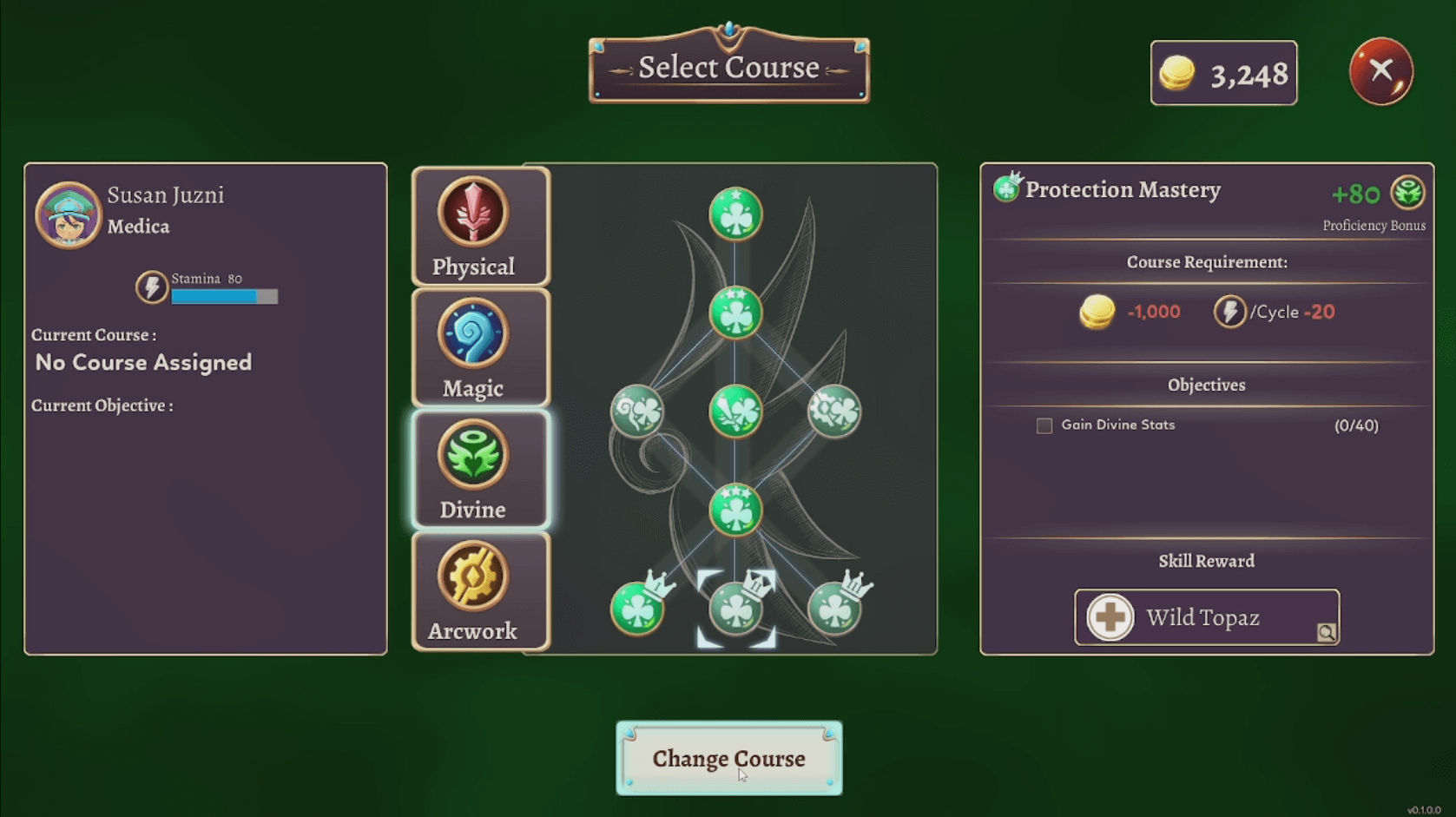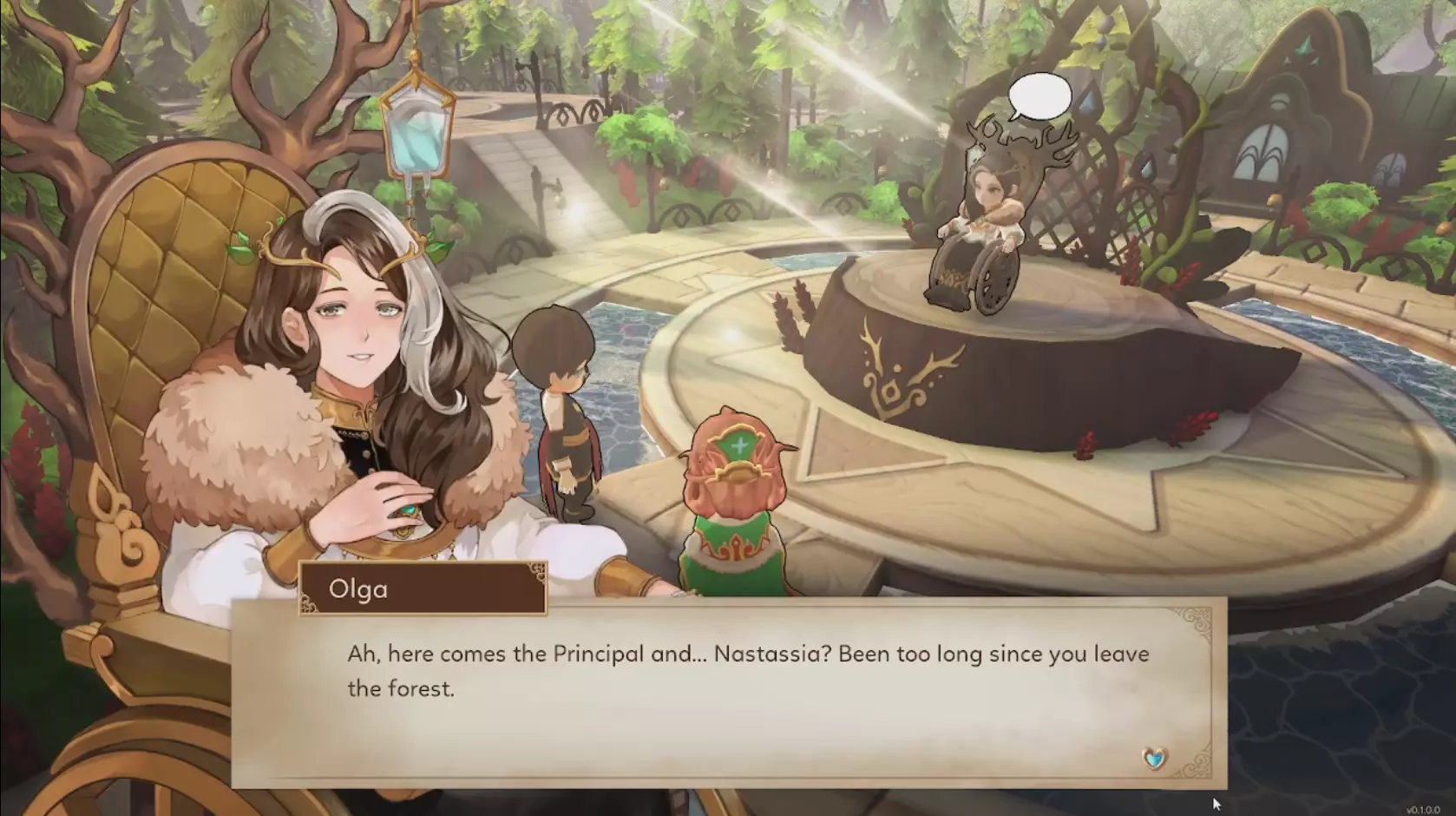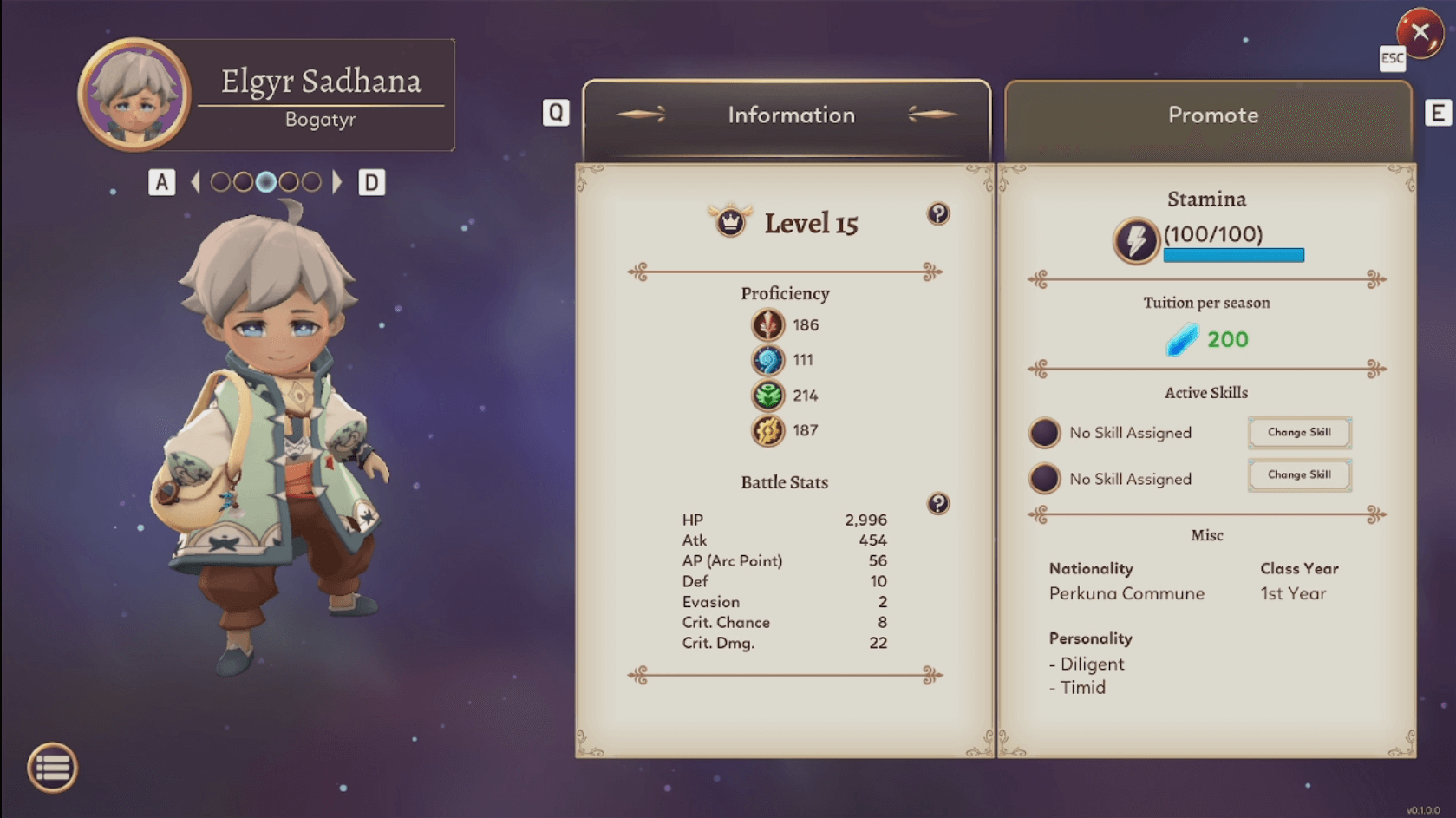Cyberclash emerges as a solo battle-royale game prototype, immersing players in a mesmerizing cyberpunk dystopia, crafted for PC and powered by the Unreal Engine 5.1. In this digital battleground, players are partaking in heart-pounding showdowns using guns and grenades, with the potential for up to 8 participants.
Cyberclash focuses on solo battle royale gameplay and celebrates the lone wolf, where it’s every player for themselves. This condition ensures that every encounter is a true showcase of individual skill, cunning, and adaptability, leading to spine-tingling moments of suspense as players strive to outlast and outsmart their rivals in thrilling gunfights, tactical looting, and an ever-narrowing battlefield.
We created Cyberclash to improve the overall capability of developing games. With this project, we tried to make a solo battle royale game prototype for PC within 1.5 months using Unreal Engine 5.1
Challenge
Develop a solo battle royale game within 1.5 months (6 weeks) with a small developer team.
Solution
Implement Lyra, a 3rd person shooting template from Unreal Engine, and use ready-to-use assets from Unreal Marketplace, and character animations from Mixamo. The team also uses Gaea for its procedural generated assets feature to craft the map terrain. With a small team, some crews need to do cross-role tasks to complete the prototype on time.
Product Manager
Producer
Designer
Programmer
Artist
Dedicated server and host-client multiplayer system
AI bot
3D lobby environment
Stylized art style

Each student will have different strengths and weaknesses, and players can decide what kind of heroes they’ll become by assigning them in courses that they’re most likely to excel in.
Players need to balance the academy’s relationship with Valthiria’s numerous factions, immersing themselves into the deep history of conflict, alliances, and power struggles. Through the Political features, players will have to juggle favors along with the ensuing reactions without tipping the balance of power for one faction over the other.


Each student will have different personalities, with different ways to handle them. The players will then receive different outcomes based on how they treat their students.
The team successfully developed the game prototype within 6 weeks with a positive response based on the internal playtest result. Over 70% of the participants had engaging and enjoyable experiences while playing the game. The team also improved its understanding of creating a multiplayer system and Lyra’s system structure.
GET IN TOUCH
GET IN TOUCH
Get
in Touch